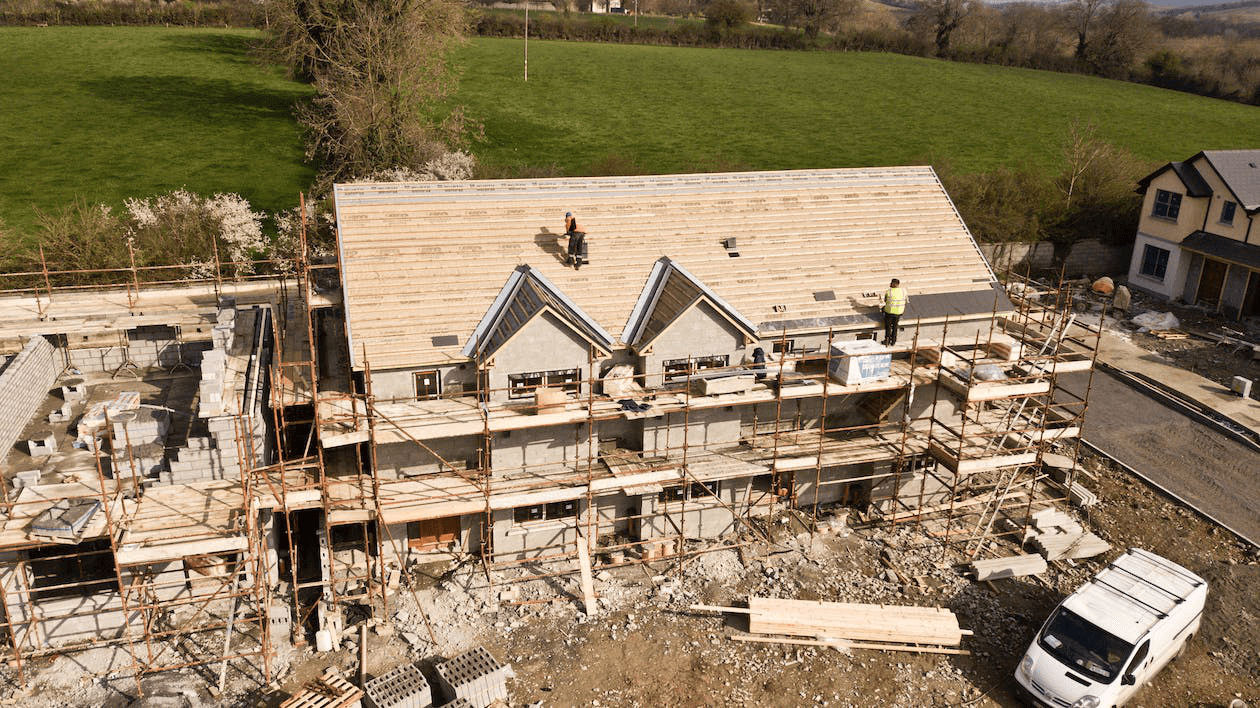Embarking on a new construction project is an exciting venture, but success lies in the meticulous planning and execution during the pre-construction phase. From conceptualizing the project to securing financing, this critical stage sets the foundation for a smooth and successful construction journey.
In this comprehensive guide, we will explore the key steps to effectively navigate the pre-construction phase, making sure that your project moves seamlessly from concept to financing.
Understanding the Significance of the Pre-Construction Phase
The pre-construction phase is the groundwork for any construction project, laying the framework for success. During this stage, the project team defines the scope, outlines the budget, secures necessary permits, and develops a comprehensive plan for the construction process. Navigating this phase effectively is essential for minimizing risks, controlling costs, and establishing a streamlined construction timeline.
Conceptualization and Feasibility Analysis
Here’s how real estate businesses begin their new construction projects.
Conceptualizing the Project
The pre-construction phase begins with a clear vision of the project. Define the purpose, goals, and desired outcomes. Consider the type of construction, whether it’s residential, commercial, or infrastructure, and outline the specific features and functionalities.
Feasibility Analysis
Conduct a thorough feasibility analysis to assess the viability of the project. Consider factors such as market demand, regulatory requirements, and potential challenges. This analysis helps in determining if the project is financially and logistically feasible.

Budgeting and Financial Planning
Next up is the budgeting and financial planning for a construction project.
Developing a Realistic Budget
Accurate budgeting is a cornerstone of successful construction projects. Develop a detailed budget that includes all costs associated with the project, from land acquisition to construction materials and labor. Consider contingencies for unforeseen expenses to prevent budget overruns.
Exploring Financing Options
Identify suitable financing options to fund the project. This may involve traditional bank loans, private lenders, or a combination of various financial instruments. Thoroughly evaluate the terms, interest rates, and repayment schedules to choose the financing option that aligns with your project’s needs.
Securing Necessary Approvals and Permits
No construction can commence without approvals and permits from the state, so here’s what happens.
Navigating Regulatory Processes
Navigate the complex landscape of regulatory processes to obtain necessary approvals and permits. This involves working closely with local authorities to warrant compliance with building codes, environmental regulations, and zoning requirements. Delays in this stage can significantly impact the overall project timeline.
Environmental Impact Assessment
Conduct an environmental impact assessment if required by local regulations. Addressing environmental considerations early in the pre-construction phase not only guarantees compliance but also demonstrates a commitment to sustainable and responsible construction practices.

Selecting the Project Team
You may have secured a construction loan on your own but to materialize your vision, you need a team.
Building a Competent Team
Assemble a skilled and experienced project team. This includes architects, engineers, contractors, and other professionals who will contribute to the project’s success. Collaborate with individuals and firms with proven track records in similar construction projects.
Effective Communication
Establish clear communication channels within the project team. Encourage open dialogue, share project goals and expectations, and make sure that everyone is aligned with the overall vision. Effective communication is crucial for avoiding misunderstandings and resolving issues promptly.
Detailed Design and Planning
This is one of the most crucial pre-phase stages of a construction project.
Architectural Design
Work closely with architects to develop a detailed architectural design that aligns with the project’s goals and meets regulatory requirements. Consider factors such as aesthetics, functionality, and sustainability during the design phase.
Engineering and Structural Planning
Engage structural engineers to create detailed plans for the project’s foundation, framework, and overall structural integrity. A robust engineering plan is essential for promising the safety and stability of the construction.
Construction Planning
Develop a comprehensive construction plan that outlines the step-by-step process from groundbreaking to project completion. Include timelines, milestones, and key deliverables to provide a roadmap for the construction phase.

Risk Management and Contingency Planning
Next up is contingency planning.
Identifying and Mitigating Risks
Conduct a thorough risk analysis to identify potential challenges that may arise during the construction process. This could include weather-related delays, supply chain disruptions, or unforeseen site conditions. Develop strategies to mitigate these risks and establish contingency plans.
Contingency Funds
Allocate contingency funds in the budget to cover unexpected expenses. A well-funded contingency makes certain that the project can adapt to unforeseen circumstances without compromising the overall financial health.
Technology Integration for Efficiency
Don’t undermine the use of technology for a seamless project completion. Here’s why.
Construction Management Software
Integrate construction management software to streamline project workflows. These tools offer features such as budget tracking, resource management, and communication platforms that enhance efficiency and transparency throughout the construction process.
Virtual Design and Construction (VDC)
Utilize Virtual Design and Construction techniques to create 3D models of the project. This enables stakeholders to visualize the outcome, identify potential design flaws, and make informed decisions before construction begins.

Navigating the Path to Construction Success
Effectively navigating the pre-construction phase is paramount to the success of any construction project. From the initial conceptualization to securing financing, obtaining approvals, and detailed planning, each step plays a crucial role in shaping the project’s trajectory. As you embark on your construction journey, consider the significance of meticulous planning and collaboration.
Insula Capital Group for Your Financing Needs
With over 30 years of experience in construction loans, we understand the challenges and complexities associated with new construction projects.
At Insula Capital Group, our experience has equipped us with the knowledge and flexibility to cater to your unique financing requirements. We offer a range of financing options, promising quick approvals within 24 hours and funds issued in just five days. Our commitment to transparency, reliability, and ease of process makes us a trusted partner for real estate ventures across the US.
Get in touch with us and apply for new construction loans, hard money loans, or fix-and-flip funding. We are your go-to private lender in real estate, allowing you to confidently navigate the pre-construction phase and set the stage for a successful new construction project.




